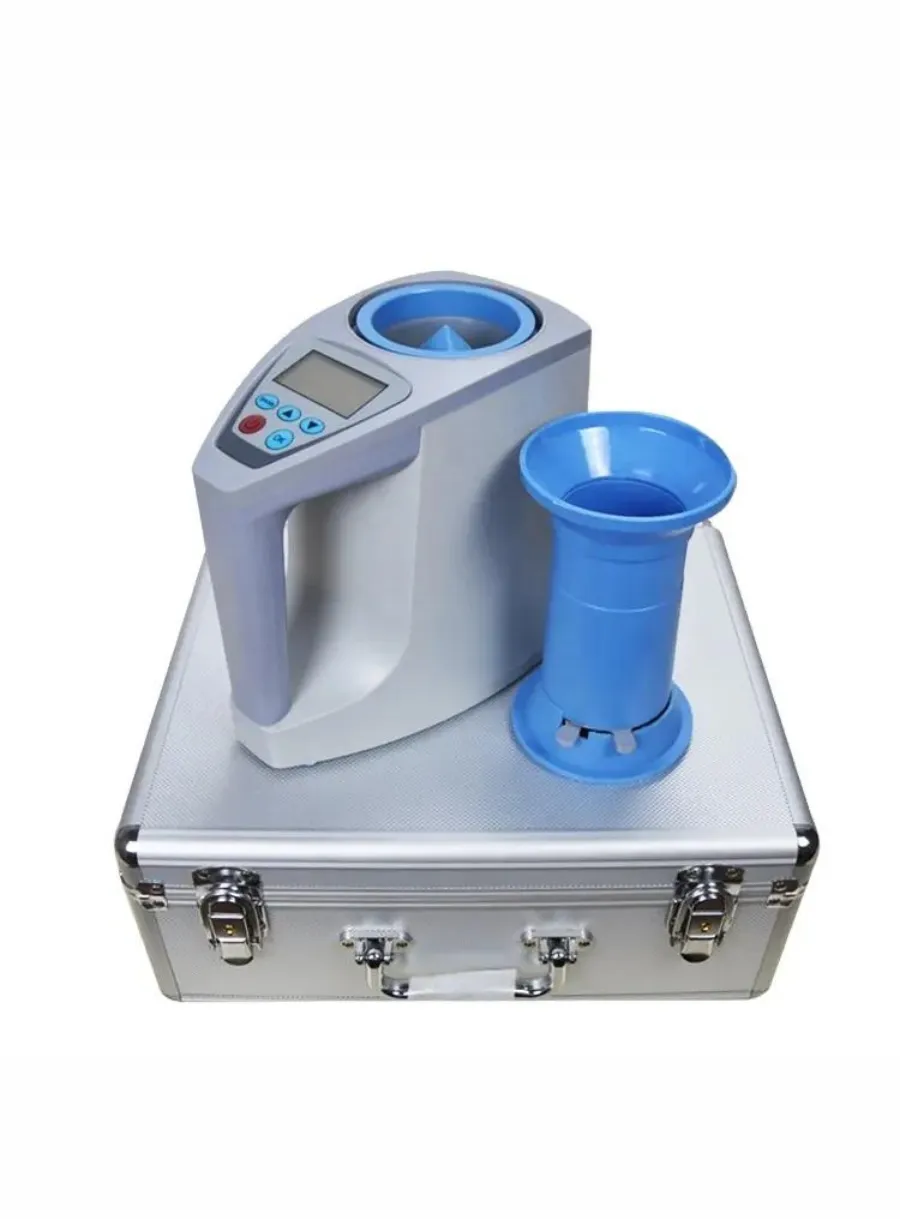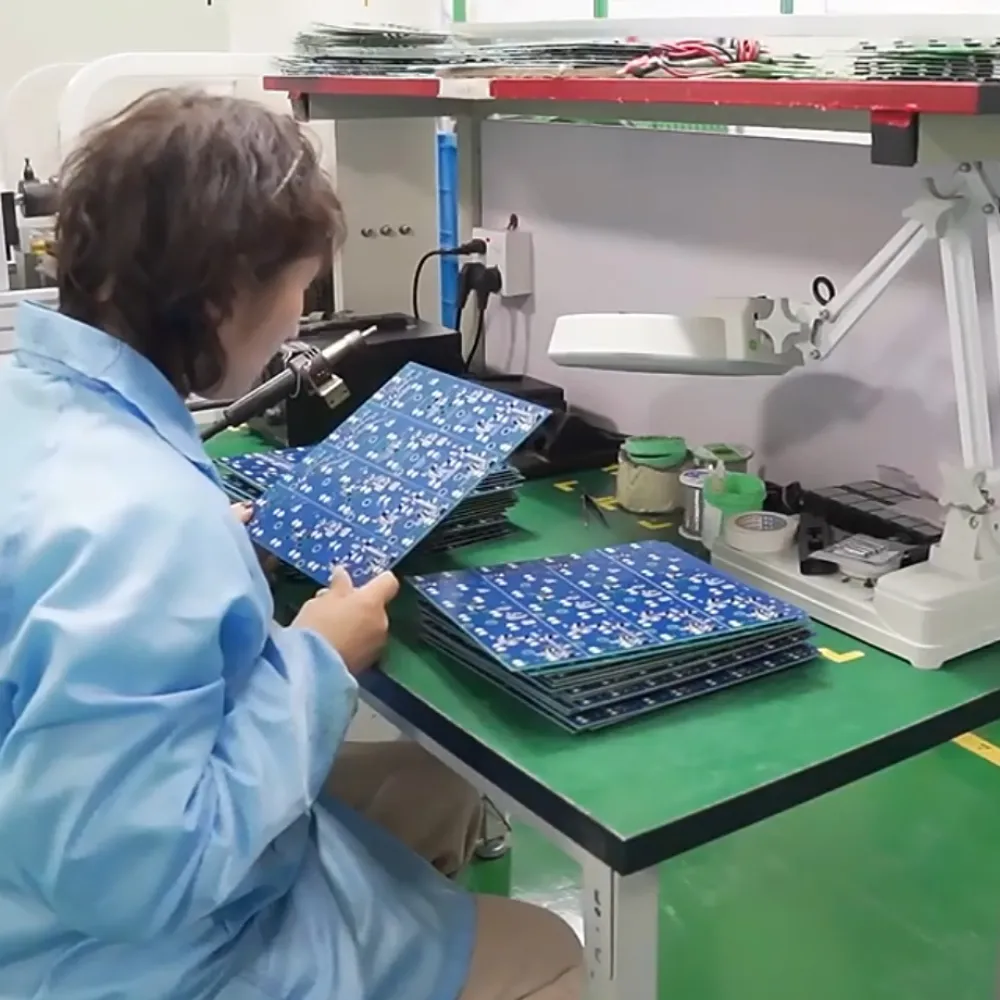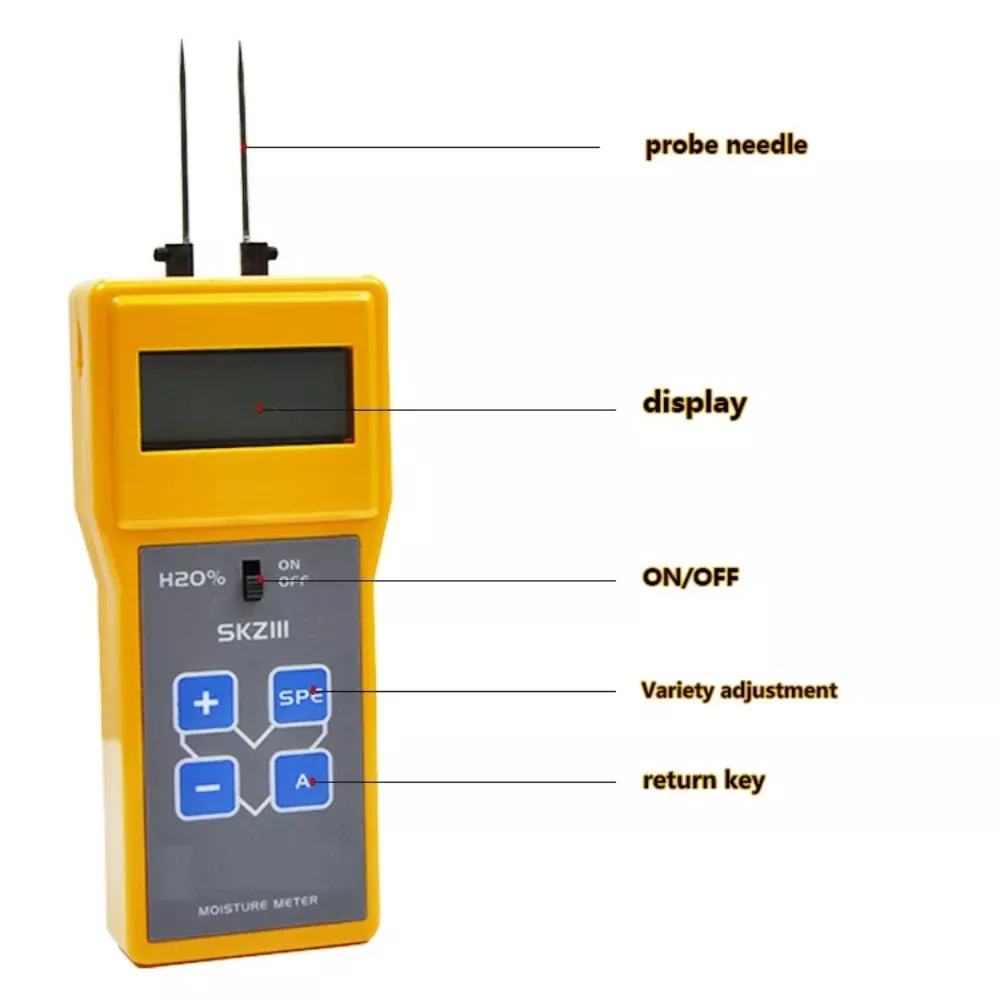
The Role of Moisture Meters in Conserving Water in Gardens
Table of Contents
Moisture meters are essential tools for gardeners and farmers alike, as they help in determining the moisture content of the soil. This information is crucial in ensuring that plants receive the appropriate amount of water, which is vital for their growth and overall health. In recent years, the importance of conserving water has become increasingly apparent, and moisture meters play a significant role in this endeavor.
The primary function of a moisture meter is to measure the soil’s moisture content, which is expressed as a percentage. By inserting the meter’s probe into the soil, it can quickly and accurately assess the moisture levels. This information allows gardeners to make informed decisions about when and how much to water their plants. Overwatering can lead to root rot and other diseases, while underwatering can cause wilting and stunted growth. By using a moisture meter, gardeners can strike the perfect balance, ensuring that their plants receive just the right amount of water.

In addition to helping conserve water, moisture meters also contribute to the overall health and vitality of plants. By maintaining optimal moisture levels, plants are better able to absorb nutrients from the soil, which in turn promotes healthy growth. Furthermore, moisture meters can help identify areas of the garden where water may be pooling or draining away, allowing gardeners to address these issues and create a more uniform watering schedule.
Types of Moisture Meters
There are several different types of moisture meters available on the market, each with its own unique features and benefits. Some meters use electrical conductivity to measure moisture levels, while others rely on capacitance or tensiometry. Each method has its advantages and disadvantages, so it’s essential to choose a moisture meter that best suits the specific needs of your garden or farm.

Calibrating Moisture Meters for Accurate Readings
When using a moisture meter, it’s important to calibrate the device before each use to ensure accurate readings. Most moisture meters come with instructions on how to calibrate them, and this process typically involves adjusting the meter’s settings based on the type of soil being tested. By calibrating the meter, gardeners can be confident that they are receiving accurate information about the soil’s moisture content.
Conclusion: Promoting Water Conservation and Plant Health
In conclusion, moisture meters are invaluable tools for gardeners and farmers who are looking to conserve water and promote the health and vitality of their plants. By accurately measuring the soil’s moisture content, these devices allow for more efficient watering practices, which in turn can lead to significant water savings. Additionally, moisture meters can help identify problem areas in the garden, such as areas with poor drainage or excessive evaporation. By using a moisture meter, gardeners can take a proactive approach to water conservation and ensure that their plants receive the optimal amount of water for healthy growth.
Comments
Tags
Frequently Asked Question
Moisture meters provide accurate soil moisture readings, allowing gardeners to water plants only when necessary, thus preventing overwatering and saving water.
Moisture meters help maintain optimal moisture levels, enabling plants to absorb nutrients more effectively and promoting healthier growth.
There are moisture meters that use electrical conductivity, capacitance, and tensiometry to measure soil moisture, each with unique advantages and suitable for different needs.
Calibrate the moisture meter before each use by adjusting its settings based on the specific soil type being tested, following the manufacturer’s instructions.

